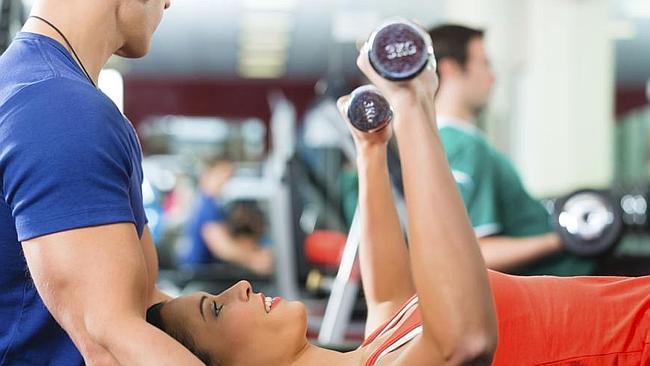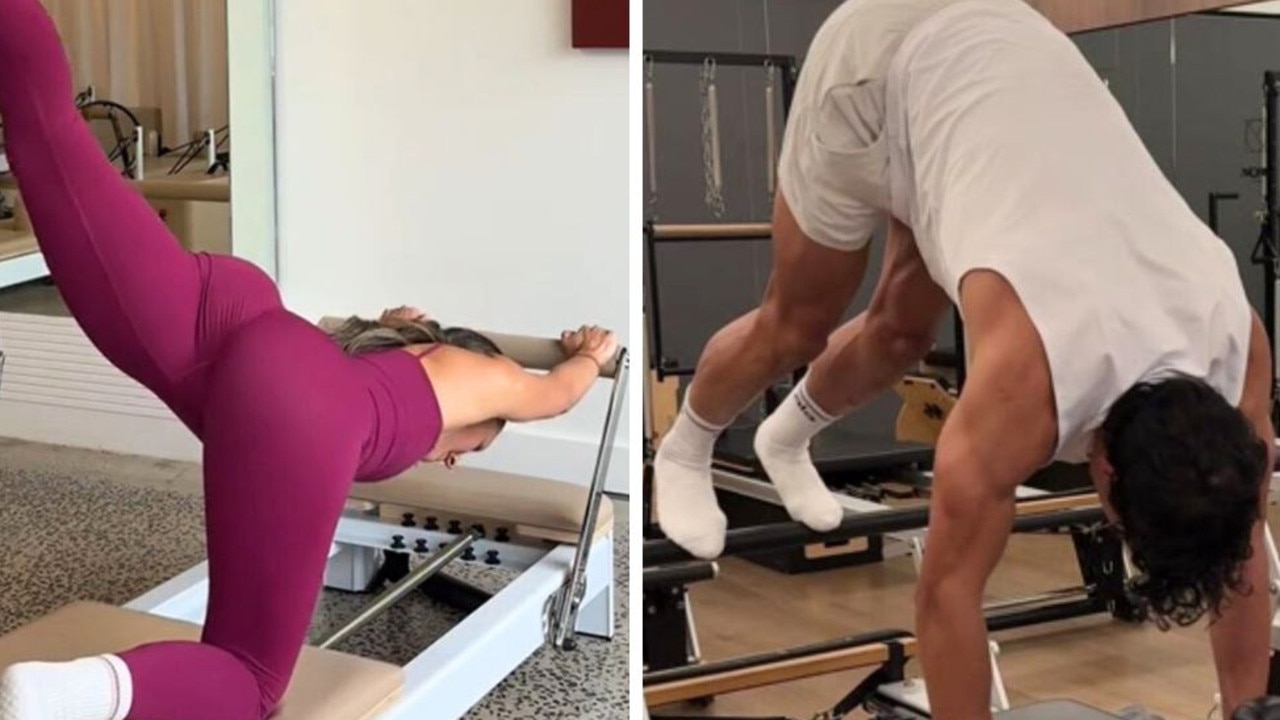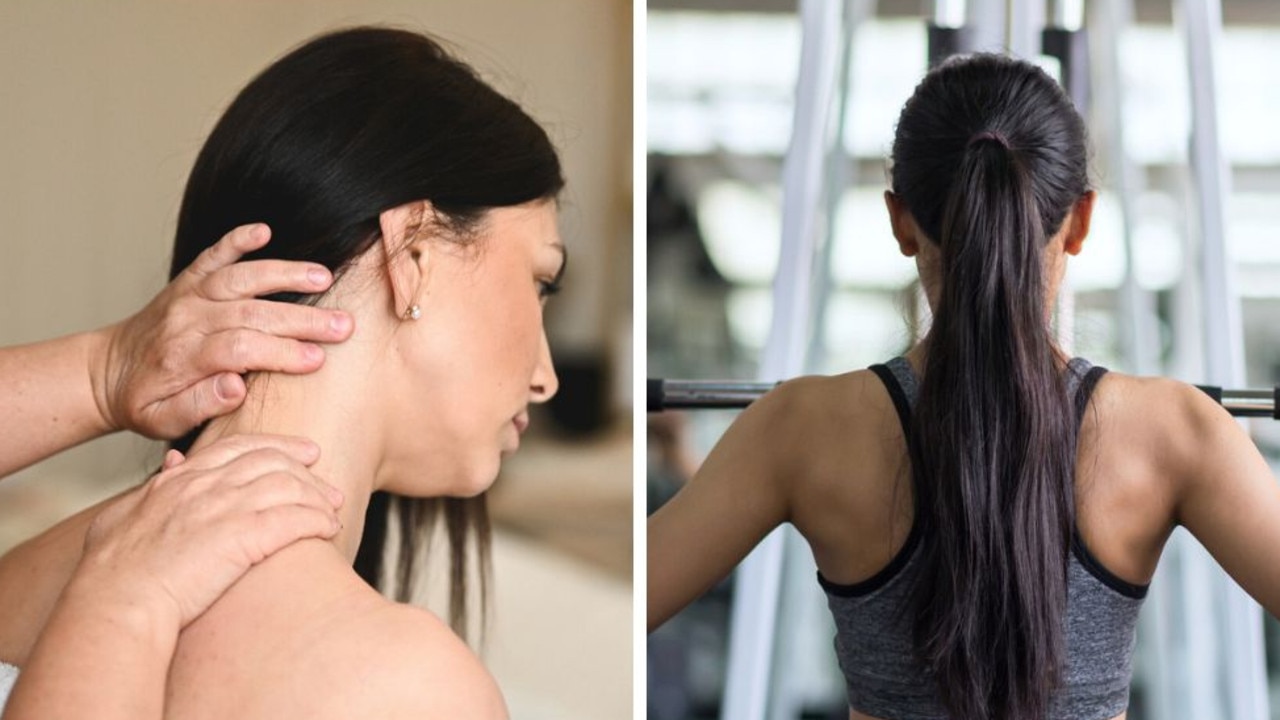Why your gym wants you to hate yourself
ARE gyms capitalising on our insecurities rather than inspiring us to be healthy? When the sales pitch consists of questions like ‘What are three areas of your body you’d like to change?’ we think, yes.

OPINION
“WHAT are three areas of your body you’d like to change?” the sales guy at the gym asked me after I’d popped in to inquire about prices and try out a yoga class.
“Hmmmmmm, not really anything. I’m more interested in stress relief and general health,” I replied.
Baffled, he pressed on. “What are you hoping to achieve from your membership?” He didn’t explicitly say it, but I could tell he was hinting that I might be in the market for Miranda Kerr’s pins.
He pressed me for more weaknesses and loathed body parts and it soon became clear that defined triceps are the only thing standing between me and eternal happiness. Don’t worry, he soothed, this gym has a plan to ensure I’d never slip into a flabby vortex again. Thank God.
The gym’s sales process was as obvious as Pink’s sixpack — they ask heaps of questions to steer you towards articulating a weakness. Once you’ve established that you are indeed flabby and foul, they’re smiling in front of you with a contract that promises you’ll be firm and fabulous forever.
I haven’t had a gym membership in years, preferring to jog along the beach and do yoga classes, where the focus is more about the mind benefits and easing tension in the body than becoming Michelle Bridges’ doppelganger. But lately I’d started thinking I wouldn’t mind a bit more diversity and thought a gym membership might offer that.
Within half an hour of sitting with this guy, I could feel the nagging nasty body thoughts I have consciously quelled start resurfacing again. When somebody asks you to name the grossest parts of your body, you can’t help but do a mental scan and start thinking how nice it might be if your hips were less inclined to bulge over the top of your Bonds boy-legs.
He also explained to me that everybody hits a plateau at six months — like it was a science — but that they have a strategy for getting you through it. “You would remember hitting a wall,” he tells me. “You just sit on the couch at home and think ‘I can’t be bothered’.”
Sure I do remember losing motivation — that was back when my biggest care was the number on the scales or the size of my jeans. I’d weigh myself every time I went to the gym and write it on the little card next to how many reps I’d done that day. If I ate something as “naughty” as a chocolate brownie, I’d beat myself up for undoing all that good work.
It took me a long time and a lot of hard mental work to shun societal pressure to look a certain way, but a few years ago it finally dawned on me that if I focus purely on exercising and eating well to feel happy and healthy, getting up for a jog at 6am is no biggie.
IBISWorld estimated Australians spent $1.3 billion last year on gyms and personal training, yet 63 per cent of Australian adults are still overweight or obese. Something’s not adding up, and my two cents would be that it’s got a lot to do with the guilt mentality that exists in so many gyms.
As I was shown through the cardio area, I couldn’t help but feel sorry for the red-faced lady smashing herself on the cross trainer. It was a Sunday and she was in there, alone, probably watching the machine’s calorie counter rather than spending time with friends and family because she’s been told her that if she really commits, her “problem areas” will disappear.
It’s time for gyms to start working for the public good, not their bottom line. Shouldn’t they be teaching us to work out because it makes us healthy and happy, not because some sales guy reckons that our arms are too tuck-shoppy for us to possibly like ourselves?
Agree? Disagree? Share your thoughts in the comments below.




